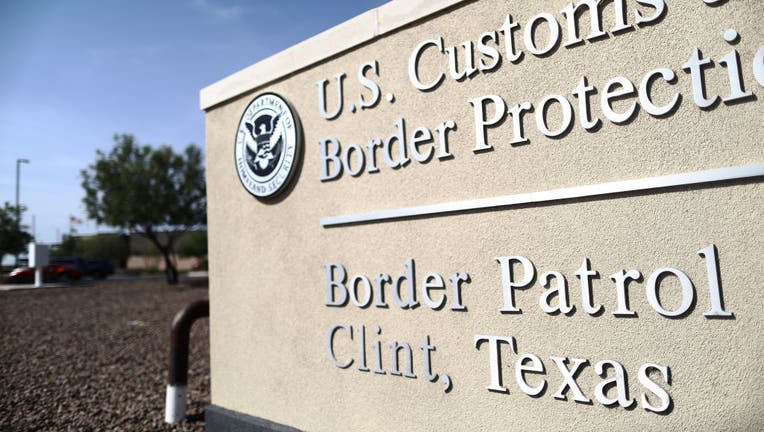CBP raises travel fees amid surging international demand

A sign is posted at the U.S. Border Patrol station where lawyers reported that detained migrant children had been held unbathed and hungry on June 26, 2019 in Clint, Texas. (Photo by Mario Tama/Getty Images)
WASHINGTON - U.S. Customs and Border Protection (CBP) announced it will raise fees for passengers beginning in the fall.
Come Oct. 1, people using some of the Trusted Traveler Programs will see increases to the fees they pay. The cost of NEXUS, a U.S.-Canadian program designed to ease travel between the two countries for pre-approved travelers, will go from $50 to $120. Global Entry will go from $100 to $120. SENTRI, for pre-approved travelers on the southern border with Mexico, will go down, from $122.50 to $120.
But the fees will now cover all kids under 18, regardless of which program you're in.

Jet aborts landing at Denver International Airport after encountering dense fog
An airline jet coming in for a landing aborted the attempt after entering a patch of dense dog at Denver International Airport. (Credit: Paul Thompson via Storyful)
As travel continues to boom following coronavirus pandemic-related slumps, CBP is expanding the use of technology like the Mobile Passport Control app the De Staercke family used in an effort to process the ever-growing number of passengers traveling internationally. And with events like a rare solar eclipse, the Olympics in Paris, and summer holidays still driving international travel, those numbers don't look set to drop anytime soon.
RELATED: United Airlines offers pilots time off in May amid Boeing plane delivery delays
During fiscal year 2023, the agency processed over 394 million travelers at the ports of entry. That's a 24% increase over the previous year. When looking at the country’s top 20 airports by passenger volume, officers processed 31% more travelers while average wait times increased 11%. And at some of the busiest airports, the wait times have had negligible increases or even decreased. At JFK Airport in New York, for example, wait times went down — by 0.4 of a second on average — while CBP officers processed 33% more travelers.
Officials are moving more toward app-based technologies to speed passengers’ movement through the airport. The Mobile Passport Control app used by the Belgian family is one example. It’s available to U.S. citizens, but also to lawful permanent residents, certain Canadians and travelers from countries who are part of the Visa Waiver Program who’ve already been to the U.S. at least once.
Passengers upload their photos and information to the app. When they enter the screening area, they get routed to a separate line. The officer then just needs to take a photo of one member of the family and it pulls up the entire group’s photos and their information.
The Associated Press contributed to this report. This story was reported from Los Angeles.

